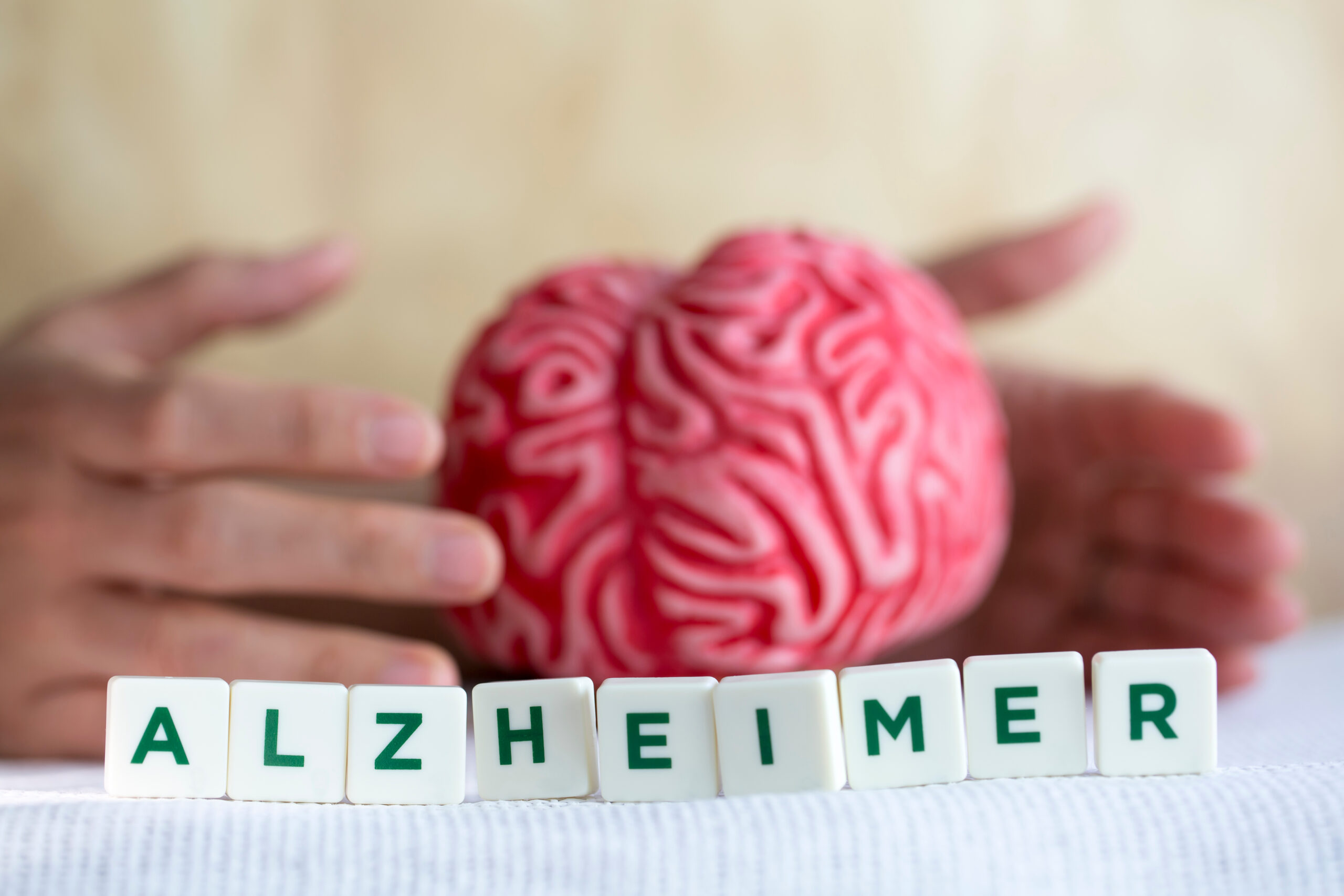Why Alzheimer’s Caregivers Need to Prioritize Self-Care
### Why Alzheimer’s Caregivers Need to Prioritize Self-Care
Caring for someone with Alzheimer’s disease is a challenging yet rewarding experience. However, it can also be emotionally and physically draining. Caregivers often put their loved one’s needs first, but it’s crucial to remember that their own well-being is equally important. Here’s why Alzheimer’s caregivers need to prioritize self-care.
#### The Emotional Toll
Caring for someone with Alzheimer’s can be emotionally overwhelming. Caregivers may experience feelings of grief, frustration, guilt, and isolation as they watch their loved one lose memories and abilities. These emotions are normal and highlight the need for caregivers to seek support and prioritize their mental health.
#### Practical Challenges
As Alzheimer’s advances, caregiving becomes more demanding. Managing daily routines, handling behavioral changes, and managing medical needs can be complex. Additionally, the financial strain of long-term care can be significant, with many costs falling on the caregivers themselves.
#### The Importance of Self-Care
To avoid burnout, caregivers must remember that their own well-being is just as important as the care they provide. Here are some ways to prioritize self-care:
– **Ask for Help**: Don’t hesitate to lean on family, friends, or professional caregivers. Having a support system can make a huge difference in managing the stress of caregiving.
– **Take Breaks**: Short periods of rest can reduce stress and recharge energy. Even a short walk or a few minutes of relaxation can be beneficial.
– **Join a Support Group**: Connecting with others in similar situations can provide emotional support and help you feel less isolated.
– **Stay Active and Healthy**: Exercise, a balanced diet, and sleep help maintain physical and mental health. Regular physical activity can also reduce the risk of dementia.
#### Respite Care
Respite care is an essential support option for caregivers. It provides temporary relief by allowing someone else to take over caregiving duties, whether for a few hours or a few days. This break can help caregivers recharge, reduce stress, and prevent burnout.
#### Finding Support
There are many resources available to help caregivers, such as the Alzheimer Society of Canada, which offers information, local support groups, and caregiving tips. Seeking professional support can also provide valuable guidance during tough moments.
### Enhancing Care through Structured Routines
Establishing a structured routine is fundamental in caring for individuals with Alzheimer’s. A daily schedule imbues stability and familiarity, significantly mitigating confusion and anxiety. This predictability fosters an environment where patients can engage in regular activities like bathing and dressing—tasks that enhance their sense of independence and dignity.
### Safety Tips and Strategies
To enhance day-to-day care for dementia and Alzheimer’s patients, caregivers should prioritize creating a safe home environment. Regularly evaluate potential hazards by securing sharp objects and ensuring good lighting in all areas of the home. Clear walkways of clutter and secure loose rugs to prevent falls. Use automatic shut-off appliances and brightly color-mark the edges of steps for improved visibility.
### Therapeutic Activities
Engaging in therapeutic activities plays a vital role in supporting the mental and emotional well-being of individuals with Alzheimer’s. These activities not only stimulate cognitive function but also create moments of connection that matter. Examples include:
– **Music Therapy**: Create a playlist of their favorite songs from earlier years or try calm, instrumental music to elicit relaxation.
– **Aromatherapy**: Use familiar scents like lavender, citrus, or cinnamon to create a calming environment.
– **Touch-Based Activities**: Provide comfort through tactile experiences like holding a soft blanket or running fingers through sand.
– **Gardening**: Simple tasks like watering plants or arranging flowers can connect them with nature.
– **Baking or Cooking**: Focus on safe, simple tasks like decorating cookies or stirring batter.
– **Art and Crafts**: Painting, drawing, or assembling crafts can be therapeutic and spark self-expression.
– **Walking and Dancing**: Take short walks or





